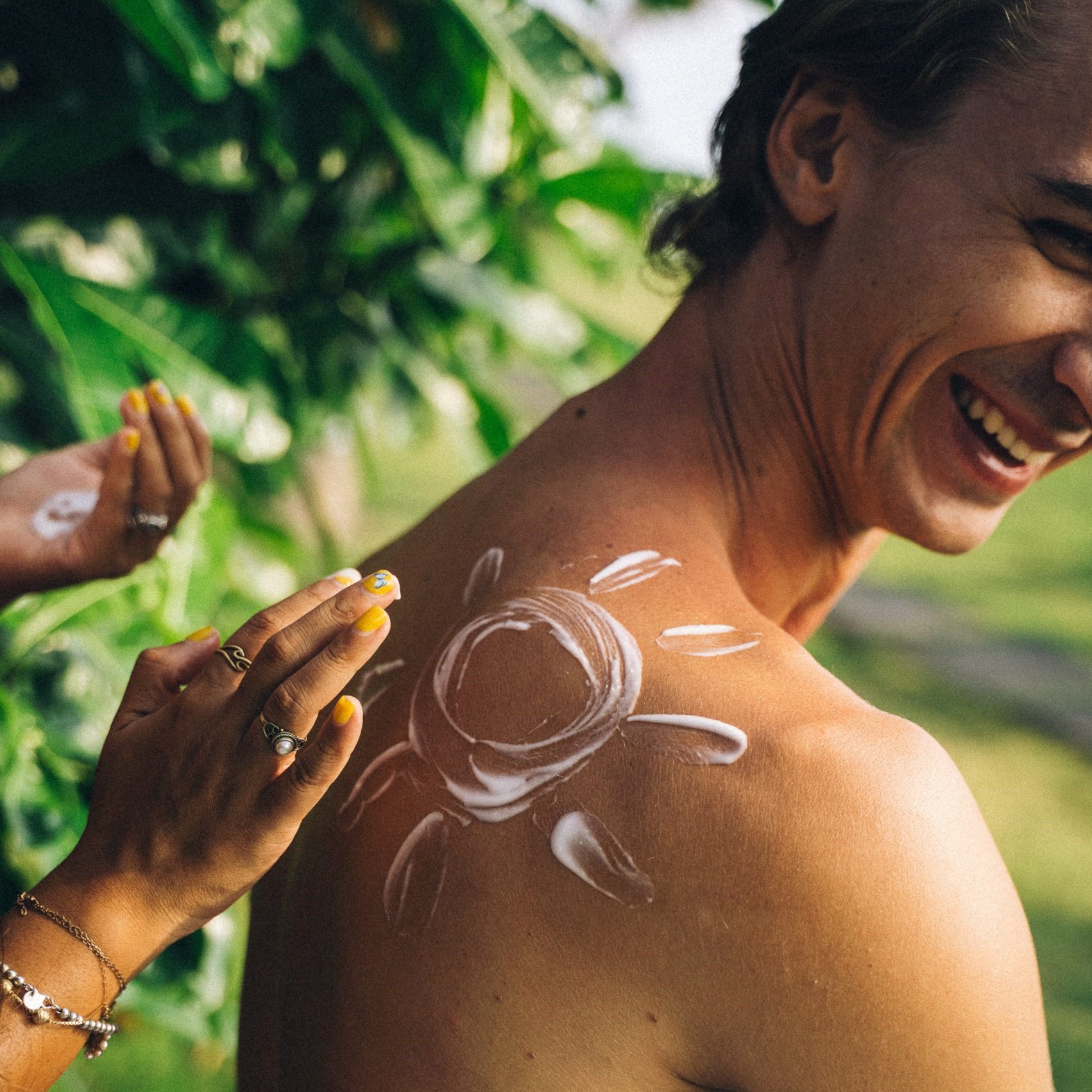Does Sunscreen Expire?

Most of us have a half-full bottle of sunscreen languishing either in our home or in a beach bag but how do you know if it is safe to use and will protect your skin against the sun’s harmful rays?
Sunscreen, in theory, should last around three years, but that is from when it is first produced, not when it is purchased. This is true even for unopened bottles. Once the product is opened, it is suitable for use for approximately one year, but certain factors can negatively impact its longevity, including being stored somewhere warm or where it is exposed to sunlight.
As with other skincare products, sunscreens are generally stamped to indicate how long they can be used once open. Sunscreen can lose strength and become unstable over time and factors such as heat and humidity can speed up its breakdown. If the expiry label has worn off or it is impossible to remember the purchase date, look for any changes in its colour, texture, consistency, or smell before applying it to the skin. A watery consistency, separation, lumps or little pebbles, graininess, or grittiness of the sunscreen are tell-tale signs that it expired. If a product does not look, smell or has the same consistency it did when you purchased it, it could mean that the key ingredients are no longer active and could therefore fail at offering adequate protection against UV.
This is true for both chemical and physical (also called mineral) sunscreens. Chemical sunscreens contain Trusted Source UVB and UVA blockers such as oxybenzone and homosalate. This type of sunscreen undergoes molecular changes when exposed to sunlight and heat and so the longer it is open, the more chance it will oxidise and become entirely ineffective. Although this process doesn’t occur with mineral SPFs that has ingredients such as titanium or zinc oxide, they do still degrade, thereby affecting their ability to protect the skin.
Always err on the side of caution. For instance, if the cream was often exposed to direct sunlight during a hot beach holiday, it’s probably best to be safer than sorry and purchase a new product. As we should be wearing our facial sunscreen every day, the chances are you will run out of your product before it actually expires. But, if that’s not the case, the same rules apply. Check the expiry date, symbols, consistency, smell, and consider where it has been stored. The skin on our face is exposed to the sun more than our bodies and thus often needs more protection, so it’s sometimes safer to buy a new formula rather than relying on an older product.
Remember, an expired sunscreen means that its active ingredients have broken down and are no longer effective at protecting a person against UV rays and without adequate protection, you are at risk of developing sunburn, most often linked to UVB rays, as well as skin aging and – most troubling of all – cancer from UVA rays.
